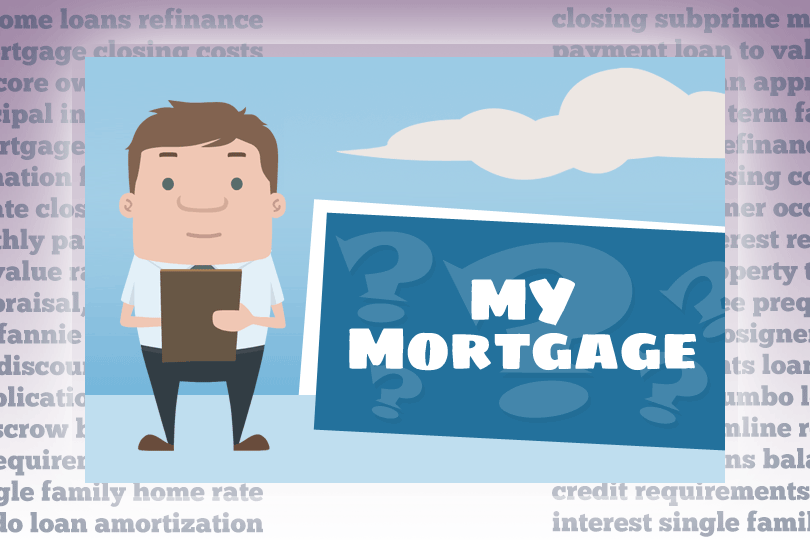Is Waiting to Refinance Your Residential Home a Good Idea?
April 23, 2025
Refinancing without carefully considering your current financial circumstances is never a good idea, but careful planning in the current financial environment is even more important.
One of the primary reasons to hold off on refinancing is when interest rates have risen or haven't decreased much since you obtained your original mortgage.
If current interest rates are worse than your home loan rate, refinancing would likely result in higher monthly payments and an increase in the total interest you pay over the life of the loan.
Consider keeping your current mortgage and waiting for a more favorable interest rate environment. Monitoring economic indicators and mortgage rate trends can help you identify opportunities for refinancing later.
The Cost of Refinancing
Another factor to consider is the cost of the refinancing transaction, especially funding fees and other expenses. Refinancing isn't free; it involves application fees, appraisal fees, title insurance, and closing costs.
If the potential savings from a lower interest rate or more favorable terms are not substantial enough to offset these upfront costs over a reasonable period, refinancing might not be worthwhile. A good rule of thumb is to calculate your "break-even point," which is how long it will take for your monthly savings to recoup the refinancing costs.
If this period is too long, especially if you don't plan to stay in your home for an extended time, waiting might be the smarter choice.
Borrower Needs
What are your financial needs and goals? If you are planning to move soon, refinancing might not be beneficial, as you may not stay in the home long enough to recoup the associated costs.
Taking on a new mortgage obligation might not be advisable if you face uncertainty with your employment or credit.
Another reason to wait is if your current mortgage has a very low interest rate. Even a slight decrease in market rates might not be enough to justify the move. Do you currently have a mortgage with an interest rate below 4%? The potential savings from refinancing to an even lower rate are minimal and could be outweighed by the refinancing fees.
FHA and Non-FHA Loans
Consider also the specifics of your current mortgage. Non-FHA borrowers may have a prepayment penalty on the existing loan, and the cost of refinancing could be higher in these cases. A prepayment penalty is a fee the lender charges if you pay off your mortgage early, including through refinancing.
Before considering refinancing, reviewing your loan documents for a conventional or non-FHA loan is crucial to determine if such a penalty exists and factor the expense into your refinancing calculations.

FHA Loan Articles
March 30, 2022Once you’ve decided that you’ll be purchasing a home, one of the first questions you need to ask yourself is what kind of mortgage you’ll be using to finance it. When it comes to shopping for a home loan, there are a number of options to consider.
March 3, 2022Savvy homeowners make it a point to monitor interest rates so they can take advantage of a drop. Many choose to refinance their mortgages to capitalize on falling rates and lower their monthly payments and save on interest.
February 24, 2022One of the major hurdles that keeps families from purchasing a home is the need for a down payment. The FHA’s goal is to offer more homebuying opportunities to low- and moderate-income Americans and set more easily achievable down payment requirements for borrowers.
January 31, 2022One of the first steps to take when you decide to buy a home is getting pre-approved for a mortgage. It is important to know what it means to get pre-approved for a home loan, and what the pre-approval letter does and doesn’t do for your home buying chances.
January 10, 2022A home loan is one of the most important investments you can make. Buying a home means owning property, and being a homeowner means there's potential to watch your investment grow in value over time. But first, the lender has to make sure the borrower is a good credit risk.







